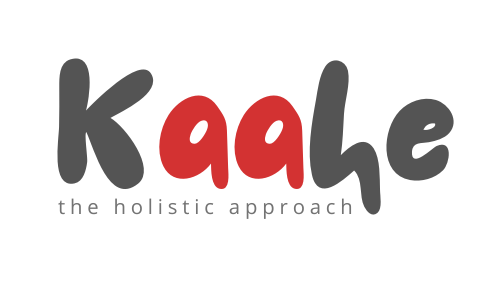Why Emotional Intelligence Is More Powerful Than Marks | Kaahe

It was the last week of March, and board results were just around the corner. Parents across Haldwani were stressed. So was Aarav — a class 12 student, the kind who always topped in school. But what happened next surprised everyone. Despite scoring 94%, he struggled in his college interview. He froze when asked, “Tell us about a time you handled conflict with a friend.”
That’s where emotional intelligence — often called EQ (Emotional Quotient) — comes in. Not IQ. Not marks. EQ is your ability to understand, manage, and express emotions — both yours and others.
What is Emotional Intelligence? (And Why You Already Use It)
Emotional Intelligence isn’t just some fancy term from a psychology textbook. It’s your ability to:
- Understand your own emotions
- Manage them (especially in stressful situations)
- Understand others’ emotions
- Respond thoughtfully
When you calm yourself before reacting in anger — that’s EQ. When you sense your friend is upset even though they’re smiling — that’s EQ.
Marks Get You Noticed. EQ Gets You Chosen.
A student with high marks may get shortlisted. But the one who can handle pressure, listen actively, and work in a team — that’s the one people want to work with, study with, and grow with.
In our Kaahe workshops, we’ve seen this first-hand. During one session with Class 10 students from a local school in Haldwani, we gave them a simple group task. Guess who led their team effectively? Not the topper — but a shy student named Tushita, who calmly brought everyone together, asked for opinions, and kept her team on track. That’s emotional intelligence in action.
Real-World Skills That EQ Builds

Here’s what emotional intelligence develops that marks alone can’t:
- Self-awareness: Recognising when you’re stressed or overwhelmed
- Empathy: Understanding others’ feelings without judgment
- Communication: Saying the right thing in the right tone
- Decision-making: Not panicking, but thinking things through
- Conflict resolution: Finding win-win outcomes
These are the skills colleges look for. Employers too. Even relationships get stronger when you’re emotionally intelligent.
How Can Students Build Emotional Intelligence?
Here are a few small shifts that make a big difference:
- Pause before reacting – Whether it’s a rude comment or a bad grade, take a breath. Response > Reaction.
- Journal your emotions – Write how you felt during the day. What triggered you? What helped?
- Practice active listening – Don’t just hear. Listen to understand.
- Join group activities – You learn more about EQ in teamwork than in textbooks.
- Ask, “How can I help?” – One of the simplest ways to grow empathy.
A Parent’s Role in Developing EQ
If you’re a parent reading this, remember: children learn emotional habits from how we react — not just what we say. Encourage open conversations. Don’t dismiss their feelings. Help them name their emotions instead of saying, “Don’t cry” or “It’s nothing.”
During a recent parent session in Kathgodam, one mother said, “I realised I always tell my son to ‘stay strong’ instead of asking him how he feels.” That one shift created a breakthrough in their bond.
Final Thought: Marks Fade, But EQ Stays
Your board results won’t be printed on your forehead forever. But how you handle yourself and others? That sticks. That shapes your future — in college, in career, in life.
At Kaahe, we believe a confident, self-aware young person from Haldwani can shine anywhere — not just because of marks, but because of mindset.
Ready to Build These Skills Early?
Our upcoming workshops focus on exactly this — emotional intelligence, communication, creative thinking, and digital wellness. If you’re a parent, teacher, or student curious to join, reach out. We’d love to collaborate and grow together.


